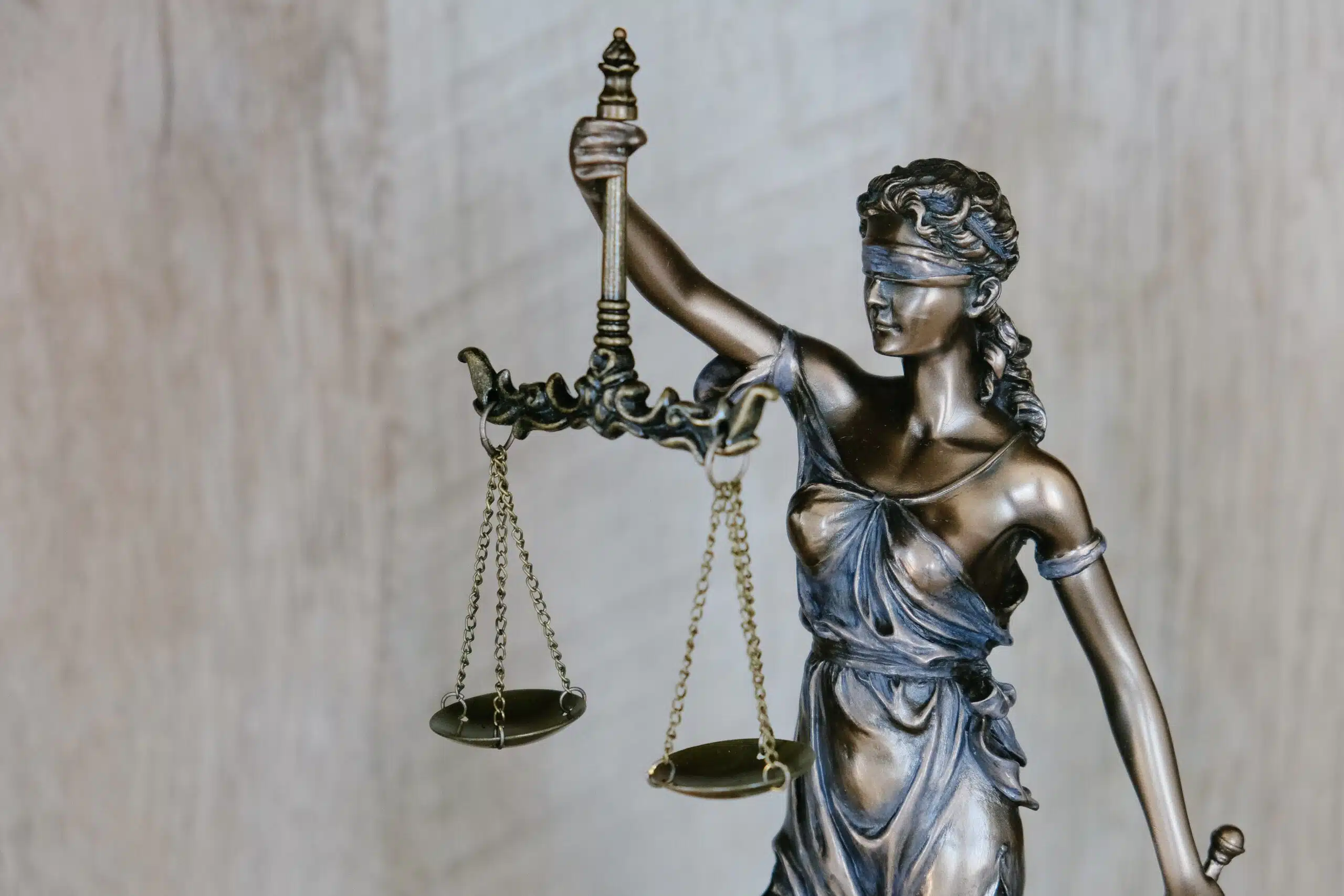Navigating the Legalities of OnlyFans: What You Need to Know
As an increasingly popular platform to make money and network, understanding the legal implications of setting up an OnlyFans profile is incredibly important for creators and their fans. Whether you are already a creator or are considering creating content on OnlyFans, it is essential to understand the laws and regulations that guide the platform.
OnlyFans is a subscription-based platform where content creators can offer exclusive content to subscribing viewers. The platform has skyrocketed in popularity since its launch in 2016, and over the years more creators have been turning to the service not only to make a living but to build a community. Although the platform has a lot to offer, it is important to be aware of the laws and regulations that govern the platform. This article will provide an overview of the legal implications of navigating the OnlyFans platform and what you need to know.
What Are the Laws Surrounding OnlyFans?
OnlyFans follows all the laws and regulations of the countries from which it operates. This means that the platform must comply with the rules of the country where the content is being shared. This also means that some countries may have more restrictive rules and regulations than others. As a creator, it is important to understand the laws in your region before setting up an account.
In the United States, OnlyFans is subject to the same laws and regulations as any other digital platform. This means that any content shared on the platform must adhere to rules such as copyright, trademark, and National Security Agency (NSA) regulations. Furthermore, creators are responsible for complying with the rules when it comes to pricing, distribution and other aspects of content shared on the platform.
In the European Union (EU), there are specific regulations that must be adhered to in order to use the platform. These rules include the General Data Protection Regulation (GDPR), which governs how user data is stored and shared. Additionally, the EU has specific rules regarding content protection and user privacy.
In the United Kingdom, the laws surrounding OnlyFans are primarily focused on copyright and data protection. This means that any content shared must adhere to the copyright laws of the United Kingdom and data must be stored and used in a safe and secure way.
What Are the Taxes and Regulations Surrounding OnlyFans?
Taxes and regulations for OnlyFans content creators can vary depending on the country or state of residence. Content creators are responsible for understanding the laws in their region and adhering to all taxation laws.
For instance, in the United States, creators must pay taxes on any income they make through OnlyFans. They must also report any profit they make on their federal tax return. Additionally, creators must also pay taxes on any profits they earn in other countries where sales are made.
In the United Kingdom, creators must pay taxes on any income they make through OnlyFans. Additionally, creators must also pay Value Added Tax (VAT) on any sales made in the United Kingdom. Creators may also be required to register with the Inland Revenue, depending on their income.
In the European Union, regulations vary by country. Tax authorities in each of the countries may have different requirements for creators to pay taxes on any income made through OnlyFans. Additionally, creators should be aware of any laws in their country that could impact their taxes, such as the GDPR or other regional laws.
What Are the Rights of Creators?
Creators on OnlyFans have a range of rights that should be respected by viewers, fans and the platform alike. These rights include the right to control the distribution of content, set their own prices for content, and protect their intellectual property.
Creators are responsible for ensuring that any content shared on OnlyFans abides by the platform’s Terms of Service, as well as any applicable copyright laws. This means that creators should not share any content that they do not own or have permission to use. Creators should also be aware of how their content is being used and respect the rights of any other creators that they may come into contact with.
Creators also have the right to set their own prices and determine how they distribute their content. This means that creators should not be pressured into taking part in any activities or providing content at a certain price. Creators also have the right to set their own rules for their fans and to be compensated fairly for their work.
What Are the Risks Involved With OnlyFans?
Although OnlyFans is a great platform for creativity and content monetization, there are some risks that creators should be aware of. One of the most common risks is copyright infringement. It is essential for creators on the platform to ensure that all content shared on OnlyFans is either created by them or is used with permission from the original creator. Additionally, creators should also take precautions to ensure that any content shared is age-appropriate and does not violate any of the platform’s rules.
Other risks include the potential for content to be shared or distributed without permission. In order to protect the rights of both creators and fans, creators should be aware of how their content is being used and take precautions to ensure that the content shared on OnlyFans is only available to paying subscribers.
Finally, creators should be aware that the platform can contain content of a sensitive or explicit nature. Creators should be mindful of their audience and take the necessary steps to ensure that the content they share is appropriate and respectful of those who view it.
FAQs
What laws govern OnlyFans?
OnlyFans follows all the laws and regulations of the countries from which it operates. This means that the platform must comply with the rules of the country where the content is being shared. In the United States, OnlyFans is subject to the same laws and regulations as any other digital platform. In the European Union, there are specific regulations that must be adhered to in order to use the platform.
Are taxes required on OnlyFans?
Creators should be aware of any taxation requirements in their region. In the United States, creators must pay taxes on any income they make through OnlyFans. In the United Kingdom, creators must pay taxes on any income they make through OnlyFans, as well as any VAT on profits made in the United Kingdom. In the European Union, regulations vary by country.
What are the rights of creators on OnlyFans?
Creators have the right to control the distribution of content, set their own prices for content, and protect their intellectual property. This means that creators should not share any content that they do not own or have permission to use, and should be aware of how their content is being used. Additionally, creators have the right to set their own rules for their fans and to be compensated fairly for their work.
Conclusion
Navigating the legalities of OnlyFans is important for creators and fans alike. It is essential to be aware of the laws and regulations that govern the platform and understand the implications of using the platform. Additionally, it is important to be aware of taxation requirements and to respect the rights of creators by ensuring that any content shared abides by the platform’s Terms of Service and applicable copyright laws. Ultimately, understanding the legal implications of using the platform can help to ensure that creators and their fans are in full compliance with all legal requirements.

